Description
Expedition Dates: TBC
- Depart home country on the Fri 24th Jan. to arrive in Panama city that evening
- Departing Panama city on the evening of Sat. 1st Feb. to arrive in home country on the morning of Sunday 2nd Feb.)
Duration: 8 Nights (in country)
Group Size: 9-12 Max (+ 2 Leaders / Medics)
Accommodation:
- 2 nights in hostel in Panama City
- 6 nights in hammocks or natural shelters
Climate:Panama has an equatorial climate, typically hot and humid.
- Day-time temperature approximately – 32° C
- Night-time temperature approximately – 23° C
- Total Cost: £1,895 (exc. Flights)
- Deposit: £500
What is it about?
Watching the sun dip into the Pacific eating a meal of freshly caught Red Snapper, then retiring into your hammock to gently swing to sleep listening to the sound of the palm fronds rustling in the breeze and the gently lapping waves on a sand beach. Join the Wild Human team to learn the essential skills to make this environment your home.
Humans are tropical creatures and the warm environment is a perfect match for our physiology, the sea and jungle can provide unlimited meals and materials and with some basic knowledge and equipment it is possible not only to survive in this environment, but to thrive.
This is the archetypal survival location and stories have been intwined in our popular culture for hundreds of years; from Alexander Selkirk (the real Robinson Crusoe), to Tom Hanks in Castaway and Desert Island Disks on BBC Radio 4.
Ross has spent over four years working on these remote Islands, learning from locals, employing traditional survival techniques and finding out what looks good in a book and what actually works.
Consistent with the ethos of Wild Human, this expedition aims to provide you with the knowledge and skills required to plan and undertake your own adventures in a Tropical Island environment. This is a hands-on experience and you will be expected to participate in all practical activities relating to desert island travel and living. This means collecting firewood, helping with cooking, looking after your own sleeping arrangements, using cutting tools etc.
The Wild Human team will teach you the practical routines of island bushcraft to feel comfortable and at ease in this environment and the team will impart a myriad of techniques used to sustain life, from fishing to foraging. So, be prepared to feel overwhelmed as you first explore this classic survival setting. This expedition is not simply to sample the culture or environment as a passing tourist, but to become absorbed by the spirit of the place itself.
From the outset it’s important that you understand that the expedition is NOT a cultural tour – you will NOT be fully catered for. This is a practical experience in a remote location where you will be required to help with the tasks required to live and travel in such a place.
A video of last years Expeditions, by one of our students:
Highlights
- Water; importance, collection and disinfection
- Shelter; requirements and importance.
- Tarps and hammocks, natural shelters.
- Fire; selection and preparation of materials and ignition methods.
- Physiological requirements; acclimatisation and common medical issues associated with a jungle environment.
- Natural Hazards
- Clothing and equipment selection
- Safe and effective use of cutting tools. Sharpening techniques.
- Jungle living, crafts and techniques
- Natural bindings and construction methods.
- Identification of plants, trees and fungi used for food, medicine, fire and other utilities
- Animal tracks and signs
- Fishing techniques; making and using traps and nets. Preparing and cooking fish.
- Traditional cooking methods; using leaf and bark containers.
- Craftwork; selection and collection of materials for containers, cordage, traps and hunting equipment.
- Jungle sanitation and hygiene
- Suitable equipment and how to carry it
Inclusions
Included
- Two Wild Human Expedition Leaders.
- All food (snacks and meals) and soft drinks.
- Internal transport as outlined in itinerary.
- Special in-country permits and permissions.
Not included
- International flights/ travel.
- Travel insurance (obligatory).
- Alcohol (Due to the remote nature of this Expedition no Alcohol will be taken to the Island)
- Personal equipment (full kit list in the Notes Section).

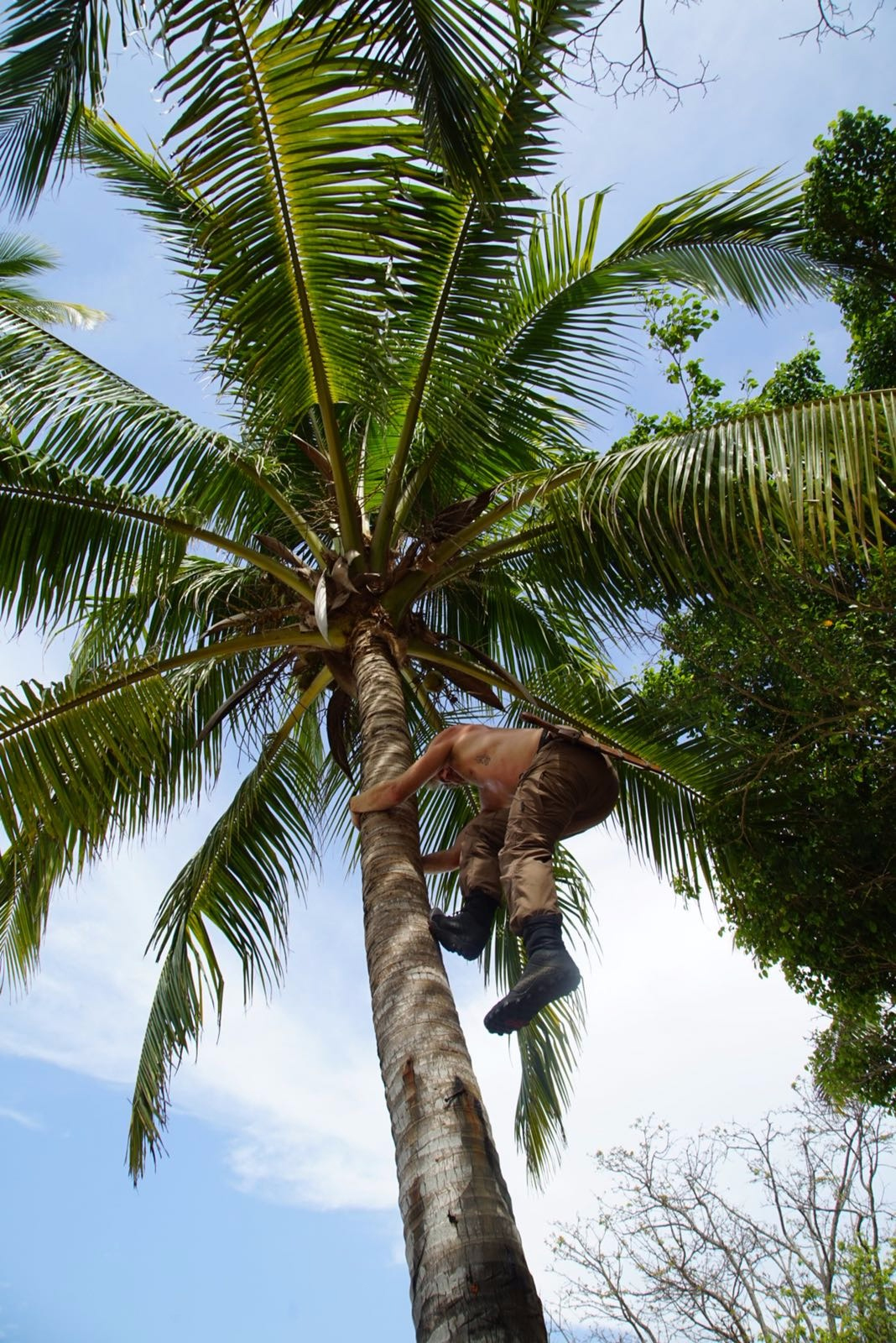
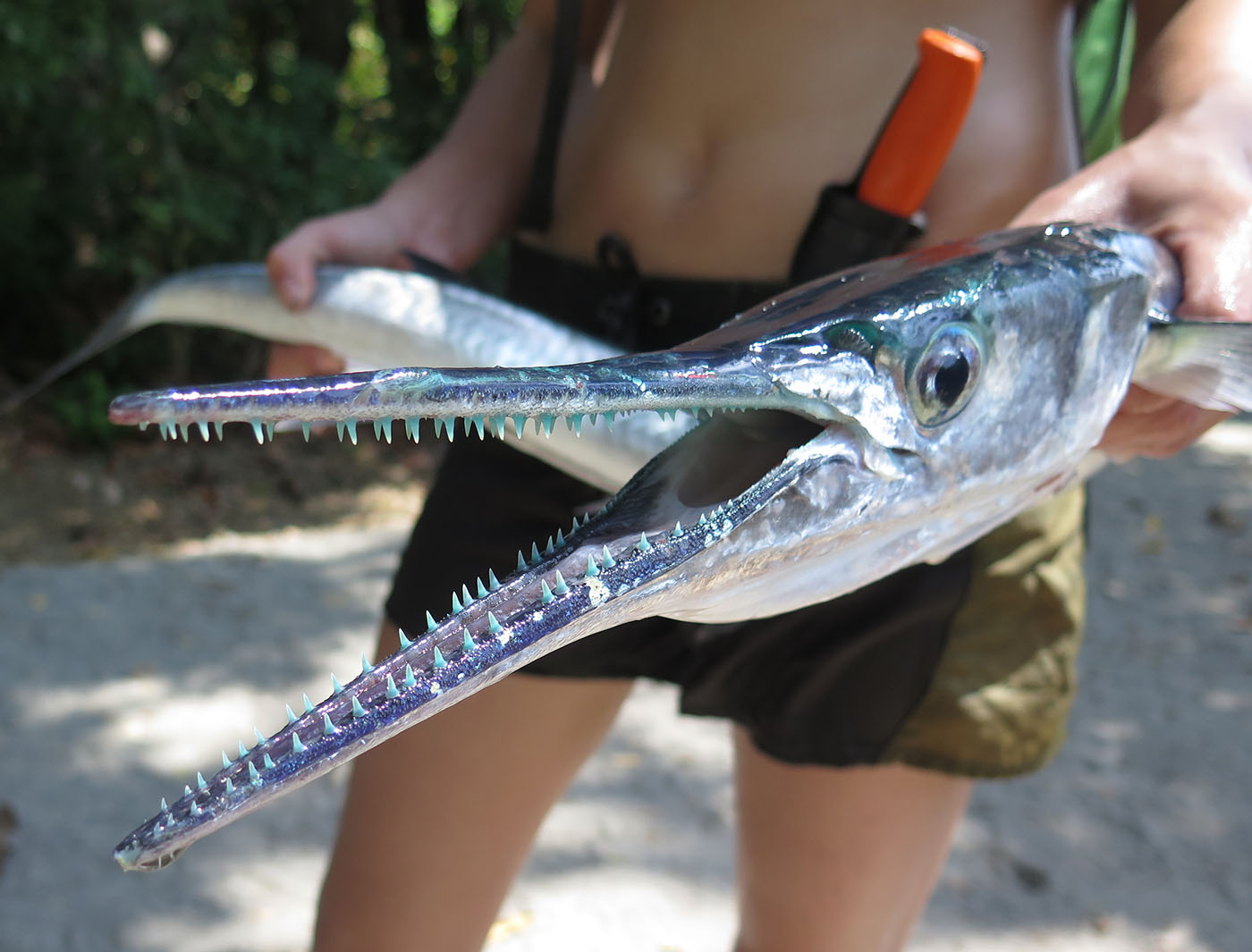
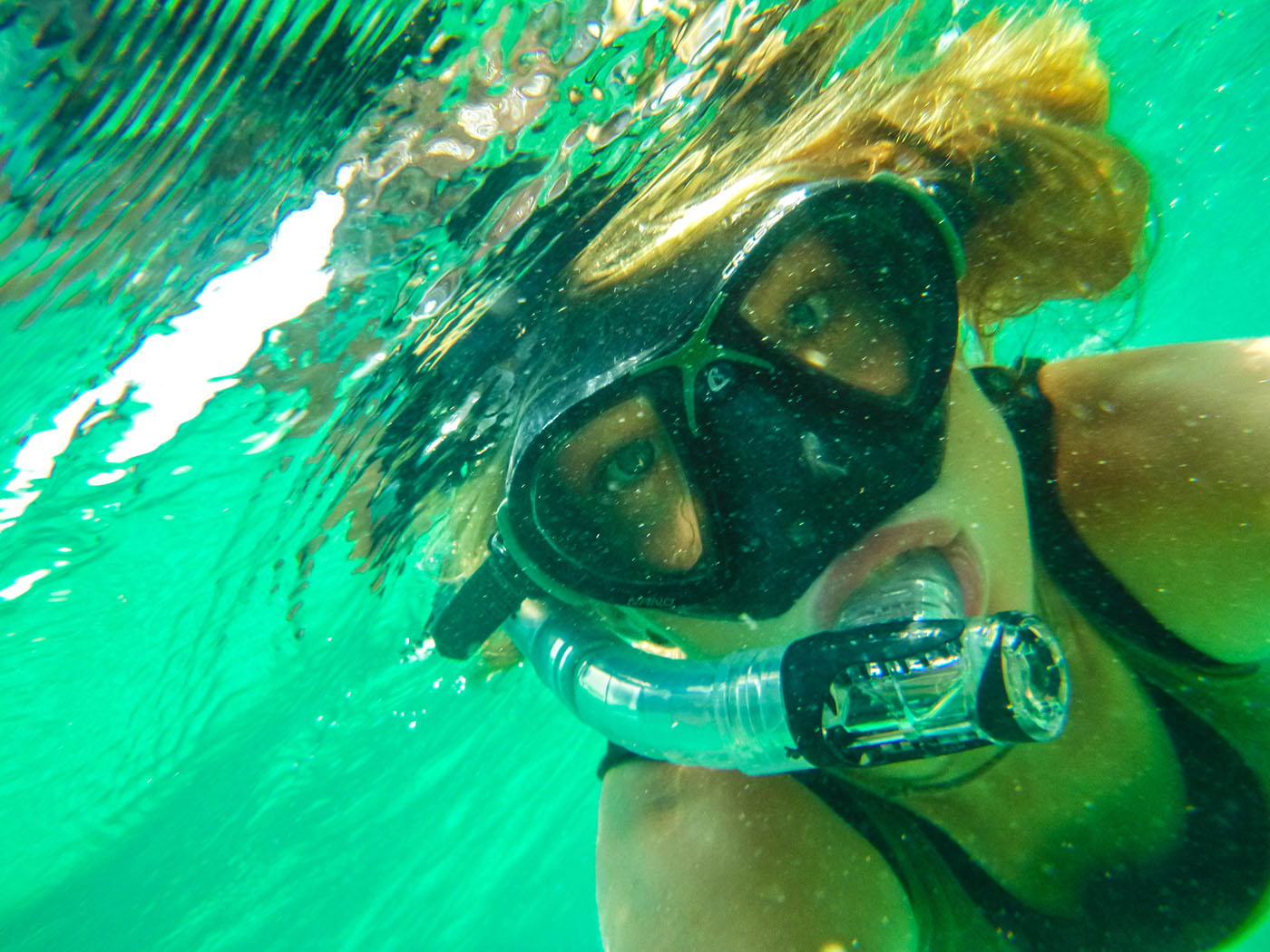
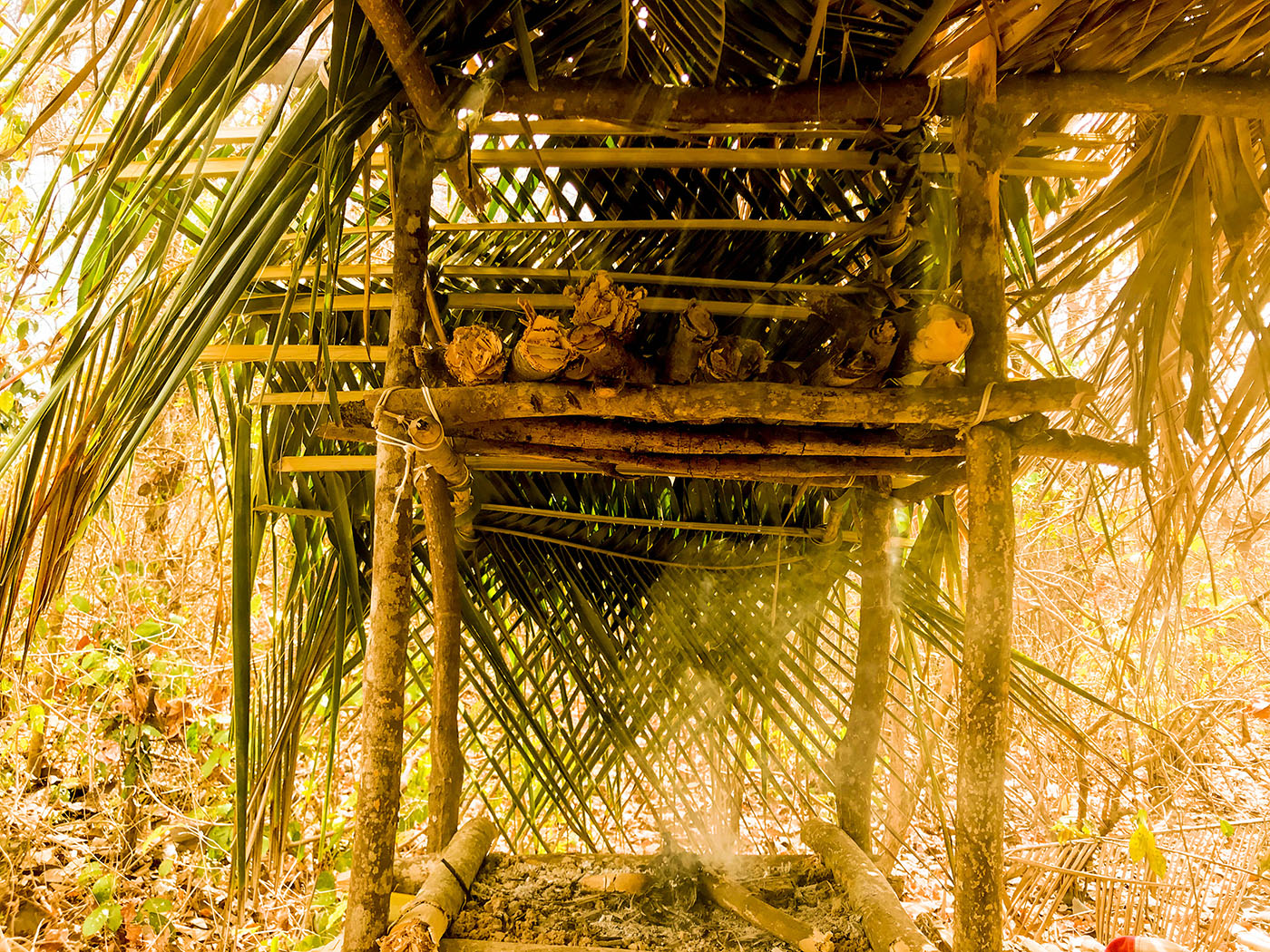
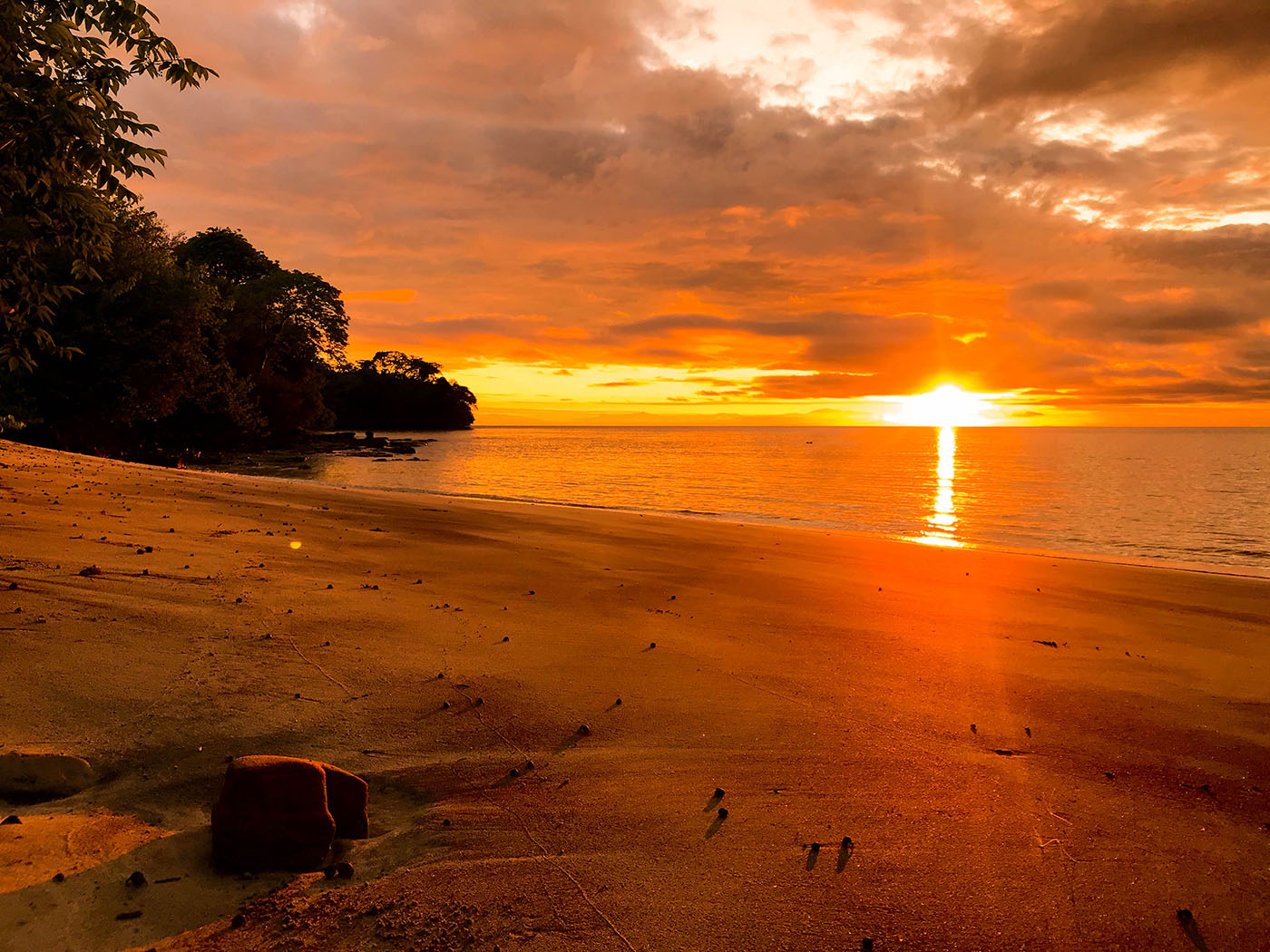
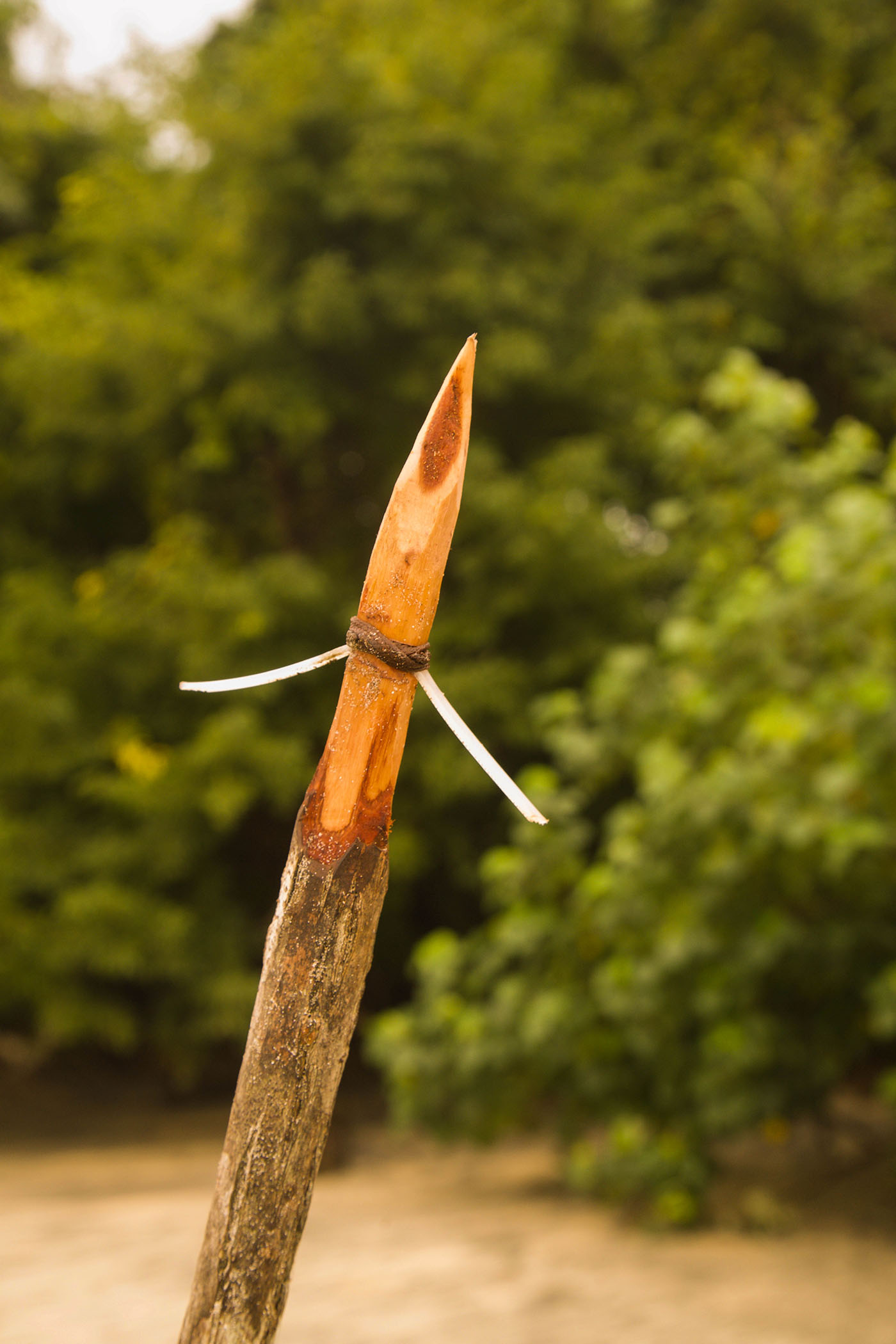
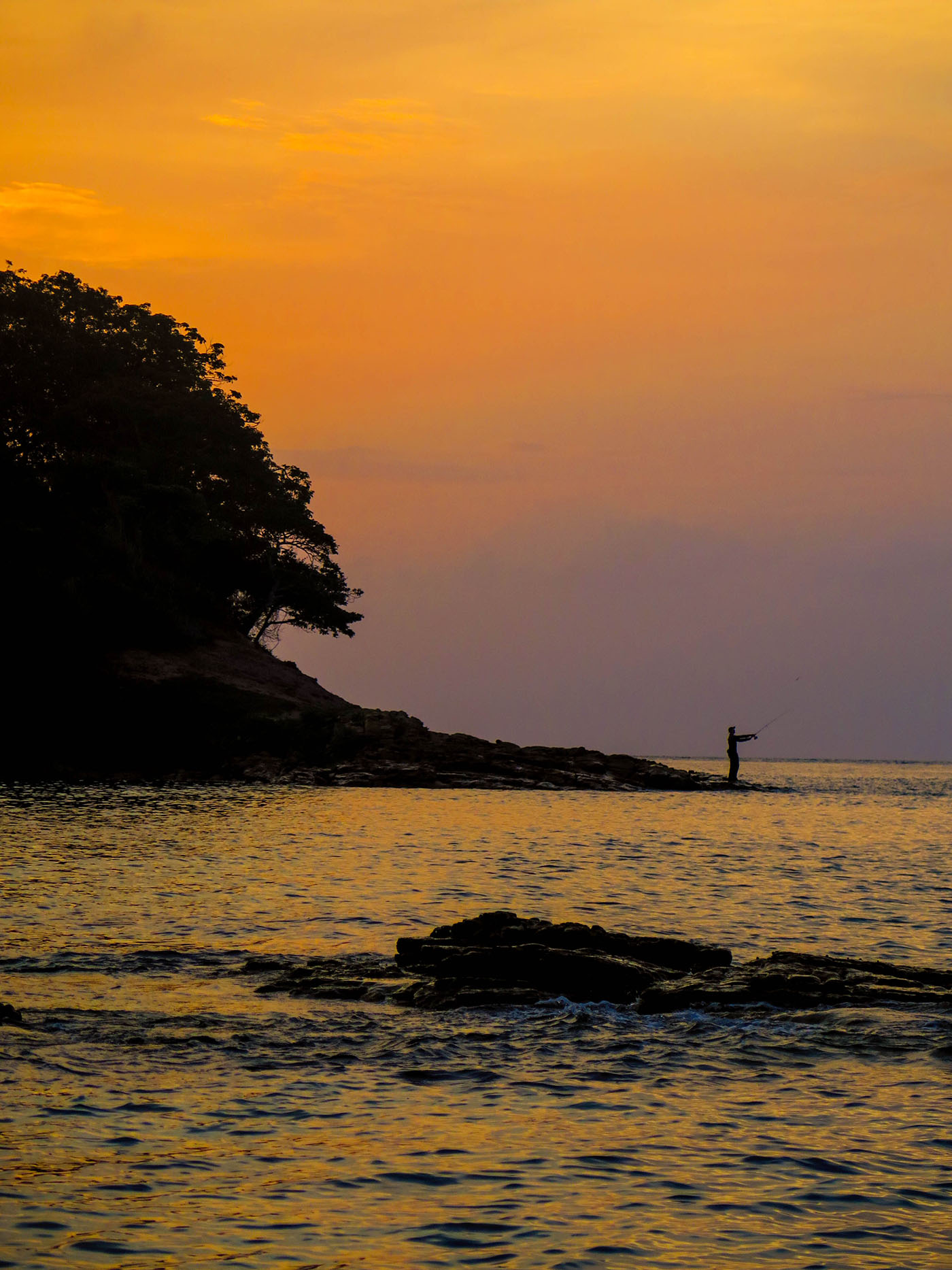
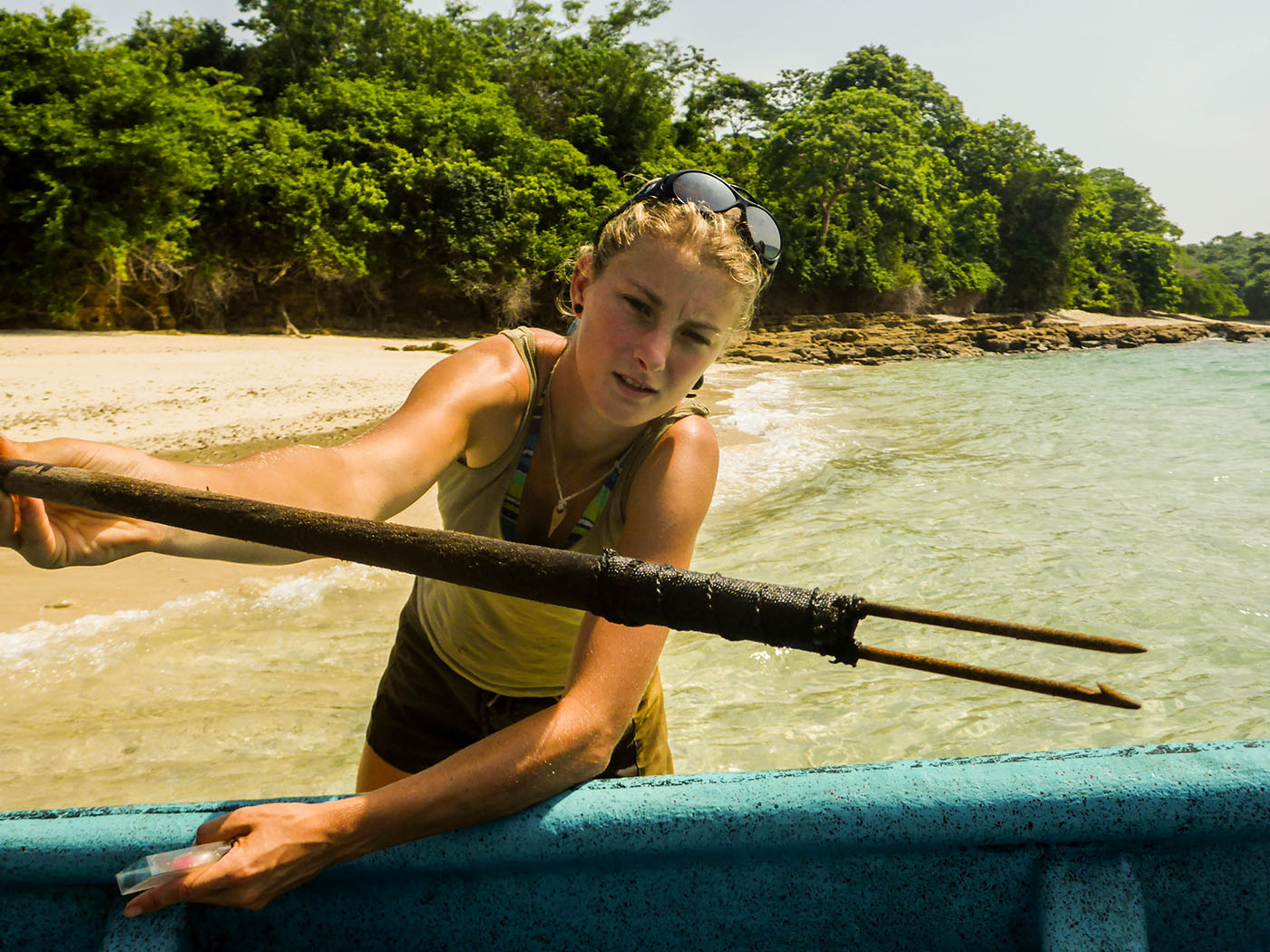
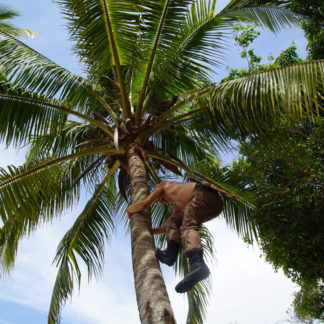
Tony –
I did this expedition in 2017 and it was one of the best experiences of my life.
From watching thunderstorms rolling by at night, to spear fishing underwater, to studying salt water crocodile tracks – Ben and the team are experts and excellent teachers. The course was really well structured and whilst we were completely alone on a desert island, all necessary safeguards were in place so we felt like we were in good hands the whole time.
I heartily recommend this experience to anyone who spent their childhood dreaming of being Robinson Crusoe.